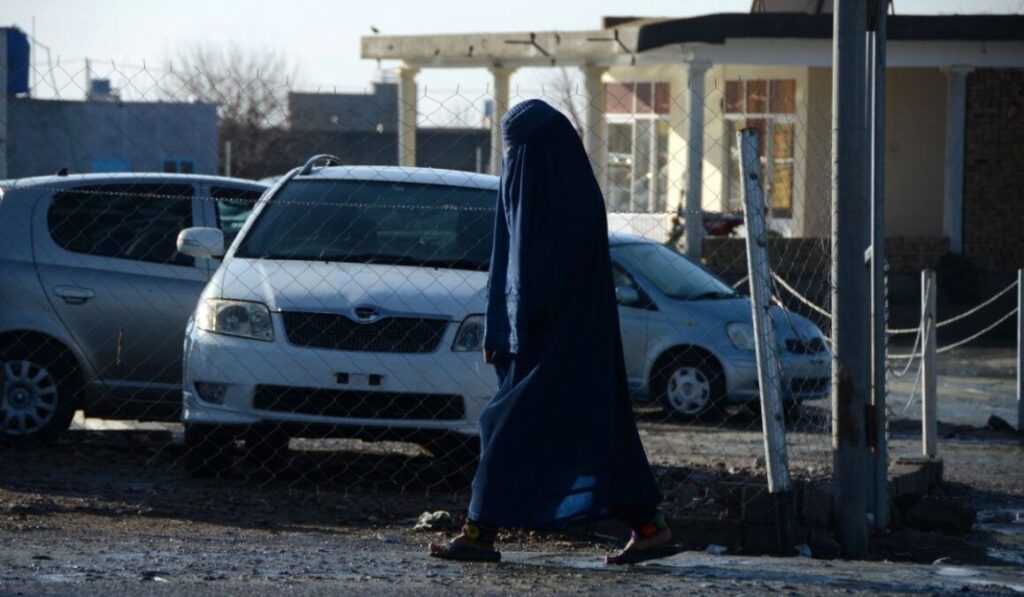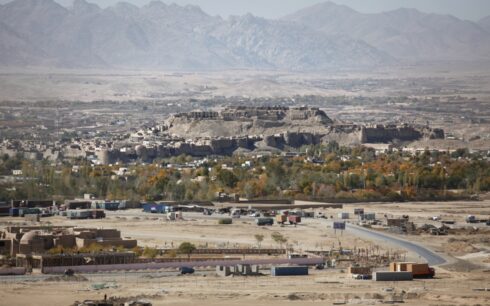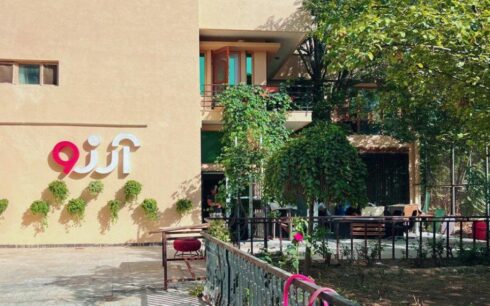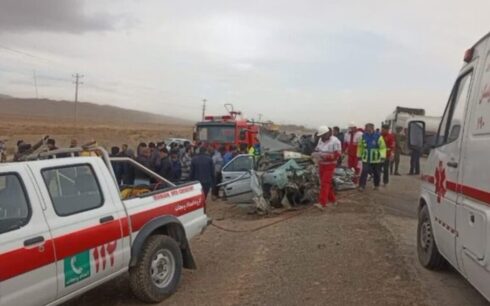HERAT, Afghanistan — The Taliban on Tuesday announced the establishment of a “support center” for unaccompanied women in Herat province in the west of the country.
According to a statement by Taliban-run labor ministry, the center aims to provide shelter and assistance to women identified as “unaccompanied” from various neighborhoods of Herat city.
This comes amid widespread restrictions imposed by the Taliban on women’s education, employment, and public participation.
These limitations have particularly affected women who were the primary breadwinners for their families, leaving many without income or support.
Some Afghan women have described life under the Taliban as one of diminished rights, where their fundamental human and Islamic rights have been stripped away. Women are barred from working in most government, private, and international institutions, and many have been forced into isolation at home.
“I was the sole provider for my family,” said one woman who asked not to be named. “Now, we barely have enough food to eat.”
For unaccompanied and impoverished women, survival has become increasingly precarious. Some who previously relied on begging have found even that avenue closed off due to the Taliban’s enforcement of anti-begging measures.
Taliban officials claim to have identified nearly 60,000 beggars in Kabul alone, many of whom have been rounded up as part of a new initiative. A commission was formed to register beggars and categorize them as “professional beggars” or “destitute.” The process includes biometric data collection and fingerprinting.
The Taliban’s measures, including the support center in Herat, appear aimed at addressing the visible effects of poverty. However, critics argue that such steps fail to address the underlying restrictions and systemic issues that have worsened conditions for women across Afghanistan.





